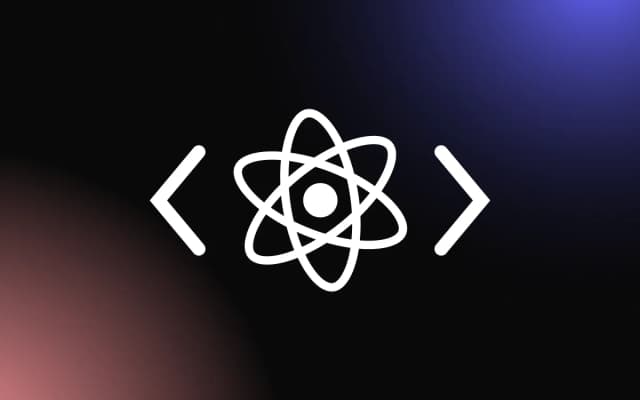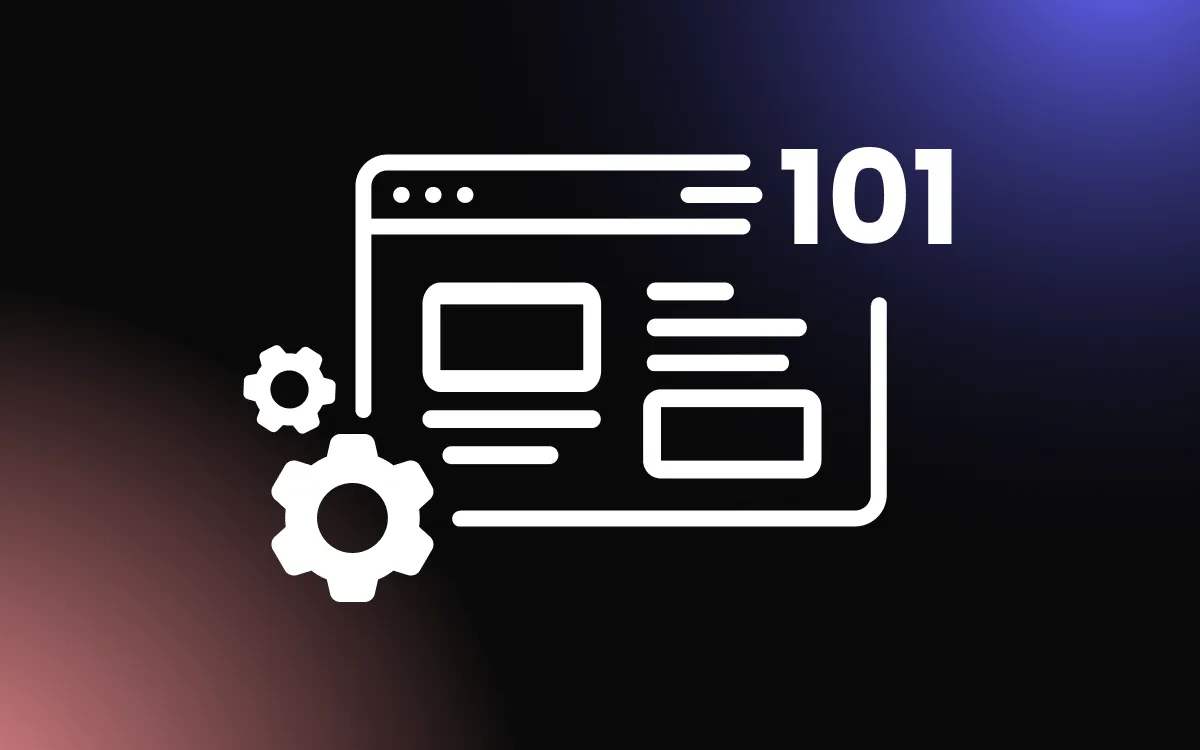
In today’s world, web development is a highly valuable skill to have and a great asset for nearly any company. Because of this, many employers are now looking to hire web developers, and this is one trend that won’t be dying out any time soon.
Although there are tons of web development positions available, there are also a lot of candidates vying for each job. This is a very competitive industry to break into. If your resume does not stand out from the crowd, you might be passed over for the perfect-fit job.
The solution? Make small changes to your resume to ensure it makes an impact. Simple things, like ensuring your resume is formatted correctly, highlighting your most valuable skills, and tailoring your resume to each job you apply to, can make a big difference.
Let’s discuss the best way to create a web developer resume. Follow all the advice listed below, and you’ll be well on your way to a lucrative career in one of our country’s top industries!
While You Are at It, Check Out These Amazing Developers To Follow Online!
Format
As a general rule, your resume is not the place to get creative. Whoever reads your resume needs to be able to do so quickly and correctly, and keeping a standard format will help make this possible. It also ensures that any automated screening software the company might use is able to categorize information properly.
If a certain business generally receives a high volume of applications, they may use an applicant tracking system, or ATS, to help managers streamline the hiring process. An ATS automatically categorizes your resume into different, easy-to-read sections, so having it properly formatted will reduce the chances of error.
Reverse Chronological
Always list your work experience and education in reverse chronological order on your resume. This means you should begin with your most recent work experience or education level, and move backward through time as you go.
Font & Font Size
Make sure to choose a standard, professional font for your resume, as any unusual fonts may make it difficult for the recruiter or ATS to read your resume. Use a font size between 14-16pt for headers and 11-12pt for everything else.
Margins
To keep everything looking professional, always make sure to use one-inch margins on your resume. This should be the standard across all sides of the page.
Line Spacing
Too small of spaces between lines can make your resume difficult to read, while too large of spaces will likely cause it to exceed the one-page standard. Always use either 1 or 1.15 line spacing.
Length
Your resume should never be longer than a single page. Whoever reads your resume will likely have a pile of others to go through, so it needs to be short enough to keep their attention.
What to Include
Main Elements
There are several main elements you should always include on your resume. These include:
- Summary/objective
- Work experience
- Education
- Skills
- Contact information
As long as you have these five sections included on your resume, you’re well on your way to securing a position as a web developer. Below, we’ll go into detail as to what exactly each section should include, as well as how it should be formatted.
Summary/Objective
Your summary or objective statement should be at the top of your resume, just under your contact information. A summary is a 2-4 sentence summary of your professional experience and achievements, while an objective is a 2-4 sentence summary that highlights what you hope to achieve professionally.
You only need one of the two, and in general, it’s best to apply to a web developer position with a summary. You should only use an objective statement if you’re changing careers or have a particular interest in this specific position or company.
When writing your summary or objective, put yourself in the recruiter’s shoes. Think about the information they would find most valuable or interesting. Remember, you only have a few sentences to hook the reader and convince them to continue reading!
Work Experience
Underneath your summary or objective, list your work experience starting with your most recent position. This is an important section, so it’s imperative that you get it right. Structure each line beginning with your position name, then list the company you worked for. Next, highlight your position start and end dates, and underneath, highlight your responsibilities and achievements during this time.
If you want to make your work experience stand out, focus more on your top achievements than your daily tasks. This will set you apart from other applicants by allowing the recruiter to see the benefits you would bring to the company.
But, what if you don’t have any work experience? Perhaps you just graduated from college, or maybe you’re looking for a career change. In that case, there are a couple of other things you can include.
In lieu of professional work experience, you may want to list any freelance work you’ve completed or educational achievements you’ve received. You could also consider creating a portfolio of your past work or building your own website or app, and submitting it along with your resume.
Education
Listing your education on your resume is important, especially if you have little to no professional experience. When listing your education, be sure to follow the format below:
- Degree type and major
- University name
- Years studied
- Any other relevant information, such as your GPA, honors, or courses
As a general rule, you should only include your highest level of education on your resume, unless your previous experience is particularly impressive.
Skills
The skills you have as a web developer could be the thing that sets you apart. Adding any key skills listed in the job description will help you stand out and get past any ATS filters the company uses.
Most companies would rather hire a candidate who already has the skills necessary for success, so be sure to include a good mixture of hard skills (such as the programming languages you’re familiar with) and soft skills.
Some hard skills you may want to include are:
- Git
- Debugging
- JavaScript
- CSS/HTML
- Wireframes
- Programming
- DNS management
While hard skills are arguably the most important, don’t forget to add a couple of soft skills. Some of the things you may want to list include:
- Collaboration
- Critical thinking
- Communication
- Problem-solving
When listing your skills, always order your list according to your level of proficiency or years of experience.
Contact Information
Your contact information should be at the very top of your resume to make it easy for any interested hiring managers to contact you. Display your contact information in the following order:
- Full name
- Professional title
- Phone number
- Email address
- Location
Make sure your professional title aligns with the position you’re applying for, and always use a work-appropriate email address. Adding your location is optional, especially if you’re applying out of state. If you do list your location, let any out-of-state employers know you’re willing to relocate or work remotely.
Additional (Optional) Elements
Including the following details on your resume is optional, but could make you a more appealing candidate when done right. Some helpful elements to feature on your resume include:
- Relevant courses
- Personal projects
- Spoken languages
- Awards and certifications
- Hobbies and interests
Let’s discuss how each of these should be incorporated.
Courses
If you have little work experience to show, listing relevant courses, collegiate level or otherwise, can help you gain an edge over the competition. Include any relevant courses you took during your undergraduate or graduate career, such as those focused on web development or programming.
In addition, you can also list relevant courses you took outside of a traditional educational setting. For example, you may have taken a couple of online courses to further your web development skills or a class at your local community center in a specific programming language. In general, any course you have taken to increase your understanding of the field can be added here.
Projects
If you’ve completed any personal web development projects, such as a website, program, or app, you might want to include it on your resume. Like relevant courses, this is especially useful if you have limited work experience.
Make sure to list the project’s name, then highlight all the relevant tools and skills you used to create it. If you have any numerical data related to the project, such as the number of users or visitors you’ve had, be sure to include it to show a quantifiable impact. If your project is publicly available online, consider adding a link in your portfolio so the hiring manager can review it.
Languages
When most developers hear the word “language,” their mind immediately goes to programming languages. However, this section relates to the vocal languages you speak. While your known programming languages should be listed in your skills section, listing any secondary or tertiary languages you’re familiar with may be helpful, as well.
List your native language first, then go in order based on proficiency. The general order should be:
- Native
- Fluent
- Proficient
- Basic
Make sure to note your skill level with each of these languages, and always be honest. You don’t want to say you’re fluent in French if you only have a basic understanding of it!
Awards & Certifications
While there are tons of web developers in the job market, only a slim minority can show awards or other achievements they’ve received for their work. If you’ve been fortunate enough to get this kind of recognition, include it on your resume.
Web developers are always in demand in our technology-focused world, but award-winning web developers are harder to come by. With the right awards, certifications, and other achievements on your resume, you just might become one of the most sought-after applicants in your area.
Hobbies & Interests
Adding some of your hobbies and interests to your resume, even if they’re not directly related to web development, can reveal more about who you are as a person. If you know who the hiring manager is, consider doing some research on them online and seeing if anything jumps out.
For example, you may find out through LinkedIn or company biographies that the hiring manager is a big fan of rock climbing. If you have an interest in rock climbing too, adding it to your resume could make you seem like a more appealing candidate!
Overall, adding some of your favorite hobbies and other things you’re passionate about to your resume will make you seem more personable.
Tips for a Better Resume
All the above tips will help you write a great resume. However, if you want to write the best resume possible, there are a few tips to keep in mind. These include:
- Use action words
- Quantify your impact
- Customize your resume
- Avoid spelling and grammar mistakes
Now, let’s discuss the importance of each.
Use Action Words
“Action words,” also known as “power words,” are words that hiring managers are not likely to see on other resumes. They are meant to describe your skills, responsibilities, and achievements in a brief but powerful way.
Using power words helps your resume stand out from the crowd. Recruiters don’t want to read the same general information over and over again. Instead of going the route of telling the reader “I am a great candidate for this job,” power words are all about saying, “let me show you why I am a great candidate for this job.”
There are power words out there for almost anything you want to say. For example, instead of saying “made a responsive payment gateway,” you could say, “formulated and developed a responsive payment gateway that reduced downtime by X%.”
Quantify the Impact of Your Work and Projects
If possible, highlighting the scope of your achievements and responsibilities with numerical data is always a plus. Numbers speak louder than words, especially when crafting the perfect resume. This doesn’t always have to translate to an impact on a company’s revenue, either. You can quantify your achievements by quantifying:
- Increased speed
- Reduced downtime
- Improved customer retention
These figures don’t have to be exact. If you’re not sure of the exact numbers, a rough estimate works just fine.
Customize Your Resume to Each Job
While the basic template for your resume should always be the same, customizing the exact details according to the job posting is often an excellent way to gain an edge over your competition. This is especially important in your summary/objective section.
Read over each company’s mission statement and values, or take a look at their website. If anything jumps out at you, incorporate it naturally into your resume. If a job posting uses any specific keywords or phrases, try to use these, as well.
Avoid Grammar & Spelling Mistakes
Your resume is a reflection of your professionalism. As such, it is essential to ensure you use correct spelling and grammar throughout. Choose clear, concise language, and always write out acronyms the first time you use them. After you finish writing your resume, run it through a spelling and grammar test to ensure everything is correct.
Write a Better Resume To Stand Out When Applying for a Web Development Position
Web developers have been in high demand for years now, and the industry is only growing as time goes on. With so much competition in the field, it’s important that your resume stands out for all the right reasons.
The most important thing to remember is that your resume should never exceed a single page. It’s okay to submit a portfolio or CV separately, but the resume itself should be one full page at most. Always keep it simple, and follow all the tips above to increase your chances of securing your dream job.



